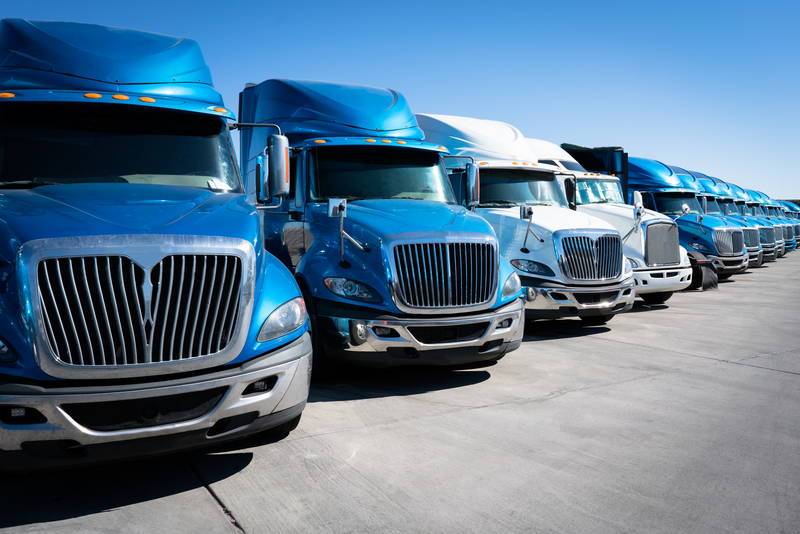
Here's your morbid statistic for the day: by the year 2030, automotive collisions are expected to become the fifth leading cause of death in the United States. In 2016, according to NHTSA's data, there were an estimated 119,000 injury crashes—4,440 of which were fatal—involving large trucks.
We'll discuss how these accidents happen, why they're more fatal than accidents involving smaller vehicles, and what preventative measures truck drivers can take to help ensure that they're never involved in a fatal accident.
The Causes of Large Truck Accidents
Many of the contributing factors in large truck accidents are common sense. To start with, many large trucks can weigh ten or twenty times as much as a passenger vehicle—which means that your stopping distance is significantly longer! A loaded tractor-trailer will often need over 500 feet of clearance to come to a complete stop after braking, and if you're in heavy traffic, it's very likely that you won't have enough space to avoid a collision in an emergency.
Other factors at play include trucks with failing parts that need to be replaced, overworked drivers, unfamiliar routes, and even poor driving habits. According to the FMCSA, problems with the braking system account for 27% of all large truck accidents.
Accidents Involving Trucks Are More Likely to be Fatal
To the surprise of nobody that works with large trucks, accidents involving them are considerably more likely to be fatal than accidents involving smaller vehicles. Given the weight disparity between the two types of automobile, the damage that can be caused by a collision or a rollover is catastrophic—so catastrophic, in fact, that over $20 billion a year is paid out in accident settlements involving large trucks. According to this article, victims of truck collisions are likely to suffer serious physical and psychological wounds, which can ultimately result in sky-high medical bills and other long-term financial problems.
How to Avoid Serious Accidents
Most large truck drivers are familiar with the myriad ways in which an accident can be avoided. Some of these are common sense: drive defensively, not offensively; ensure that you're well-rested and not under the influence of alcohol or narcotics; try to get as much rest as you can.
But other contributing factors are just as important. Know your route by utilizing your in-cabin GPS tracking device; ensure that your truck is always in good shape—particularly your braking system—so that you can rely on it to perform in an emergency; avoid tailgating at all costs.
Unfortunately, there will be scenarios in which a crash is unavoidable, whether it's due to poor road conditions or the poor driving habits of motorists around you. But doing your part to mitigate the chances of a collision could save both your life and the lives of those around you—so it benefits you to be on your A game as often as you can be!
Having a comprehensive commercial semi truck insurance policy will help you mitigate these risks. Talk to an agent from Alliance today about how you can benefit from better trucking insurance.